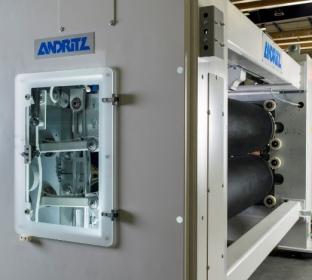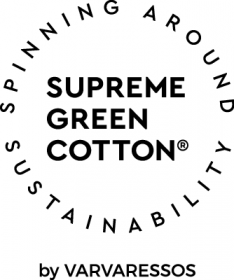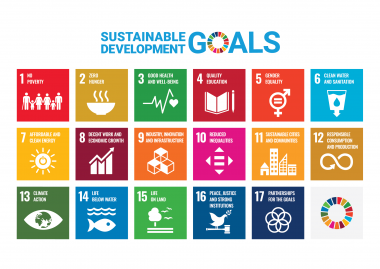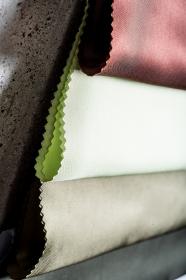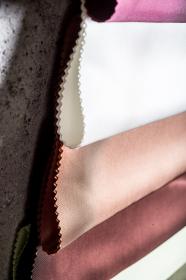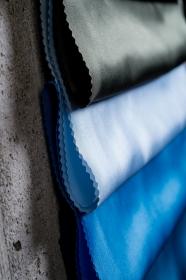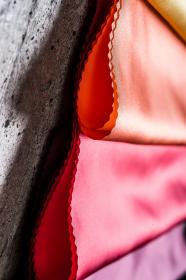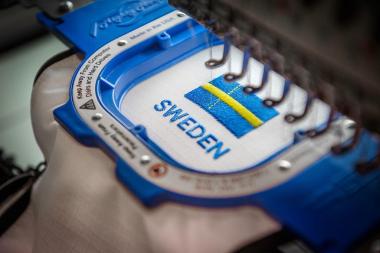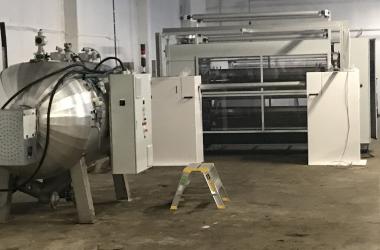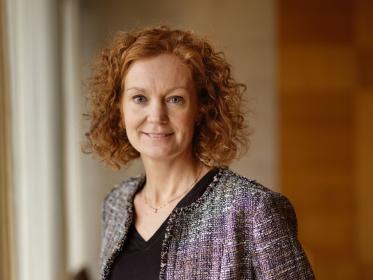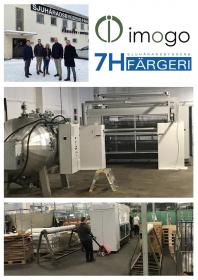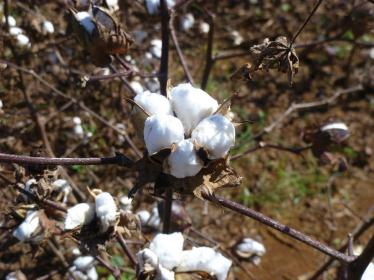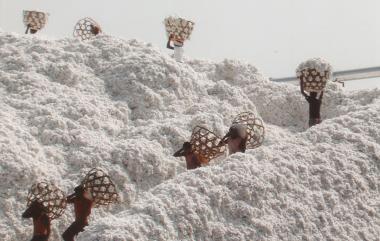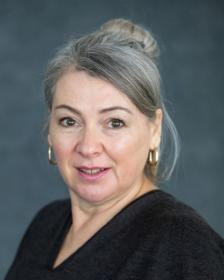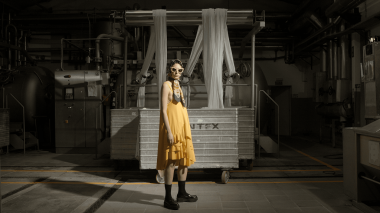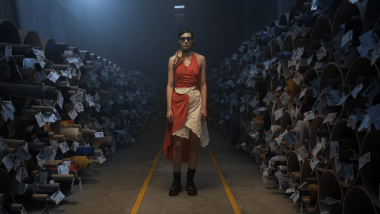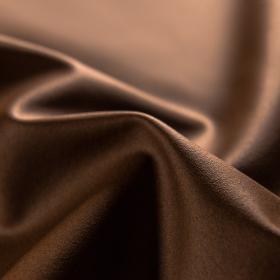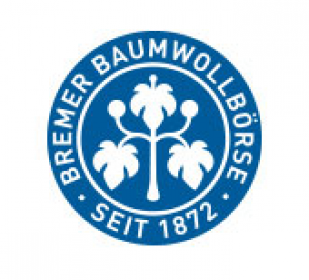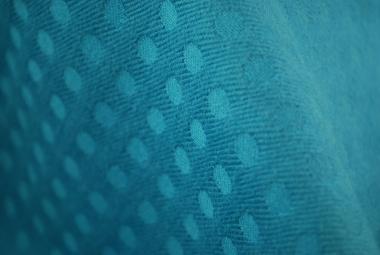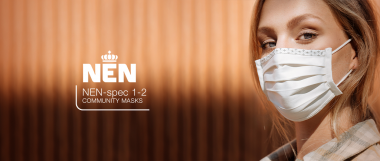Alchemie Technology and HeiQ create sustainable textile finishing partnership
Alchemie Technology, a leader in waterless, digital on-demand, smart dyeing technology, has today announced its partnership with HeiQ, a leader in textile innovation, as it prepares the production rollout of its NOVARATM digital multifunction finishing solution to the global textile market in Q3 this year.
NOVARA can apply single-sided, or simultaneous two-sided, coating of multiple finishes to specific areas of textile. For example, combining anti-odour and water repellence in one material.
“For example, using NOVARA for single-sided finishing of HeiQ Viroblock required 52% less chemistry, 66% water reduction and 50% less energy, whilst achieving a 99.7% reduction in antimicrobial activity after 15 washes at 400celsius. With the huge demand for high-performance antibacterial, antiviral finishing for face masks, medical apparel, gym wear, home furnishing, mattresses, and textiles for high-risk, high traffic areas such as train, plane seats, and more, our combined technology is critical for increasing protection and reducing environmental impact of these products” says Dr Simon Kew, Managing Director, Alchemie Technology.
NOVARA also enables unique lifestyle product innovations at lower production cost for fashion, sportswear, technical clothing, and upholstery such as combining sustainable odour control, skin care additives, and fragrance finishing, without impacting breathability, hand feel or wicking. It is suitable for finishing all fabric types, from 50 - 1000 gsm, including polyester, cotton, nylon and polycotton.
Alchemie Technology HeiQ dyeing and finishing antibacterial properties face masks Sportswear mattress
Alchemie Technology











